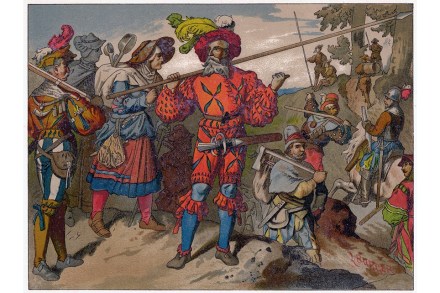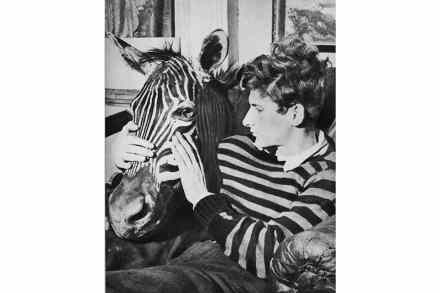The truth about ‘the most haunted house in England’
Place and story are little remembered now. The rectory in Essex was severely damaged by fire in 1939. But any old house with an unpleasant atmosphere, especially isolated, damp, dark and unmodernised, was once described as ‘like Borley Rectory’. Judging by this long ‘story of a ghost story’, the place showed its true nature from




















